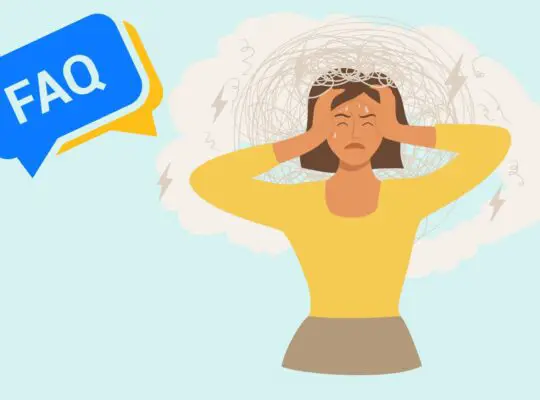Follow these uncomplicated methods to develop empathy in your daily life. As humans we are born with a small range of emotions, but as we age, we begin to experience new feelings towards things in our personal lives. Perhaps that neighbor that never smiles, gets to you on a personal level. You begin and accept that they are simply mean or rude. Your feelings towards her is anger perhaps, or pitifulness.
This is displayed as being antipathy. However, if you were to know that she had lost her husband of fifty years and she never smiled, would you then feel sympathy perhaps. It begins to bother you on a personal level. That is not empathy.
Empathy allows you to accept your neighbors’ plight, but you want to remain pleasant when seeing her. Empathy allows your anxiety about her to go away regarding the situation. The accompanying list discusses how you can identify the feelings that can trigger sympathy and learning how to turn those feelings into empathy.
Anger
This is a big one. We all experience anger in some form in our lives. We simply cannot escape it. However, when it begins to mentally drive you crazy over trigger situations, it is time to take a step back and reprogram your “feelings meter.” Our feelings can change in a split second. People that are angry towards something or someone find it harder to disassociate themselves from the situation.
For example, if Bill gets cut off on the freeway to work, this might trigger an anger response. He has convinced himself that it was a personal attack. This could lead to a very unsafe situation in a hurry. But let us say Bob got cut off in traffic, though he was frightened for a moment he moves on knowing he must concentrate. Bob is using his empathetic side to regain control of the situation. Bob does acknowledge that perhaps the person needs care, or maybe they just want to drive fast. It may not please Bob either way, but his empathy towards the other driver let us Bob go about his day by keeping his feelings neutral in the moment.
Sadness
This feeling cannot only cause unhappiness but can lead to severe depression. Let us take commercials, for example, that show puppies and kittens being mistreated. The nonprofit is asking for money to rescue them. After watching, you find yourself feeling real sadness for the animals.
This can trigger other memories of losing a pet. Before long, it is causing you to feel depressed during your day. These feelings are of pity and sympathy again. Now, same situation for someone who has empathy for animal abuse.
These individuals can watch or hear commercials for these animals and acknowledge their situation. While they have some level of sadness for the animals, they can use their empathetic side to know and understand the commercial for what it is.
Fear
This feeling can create anxiety and lead to panic. We are living in a time that makes a perfect scenario for fear. Everyone is experiencing this very real feeling. Some can accept the situation as it is, but many are feeling overwhelmed.
We feel scared because we have no answers. If it is beginning to cause unrealistic fears, it is time to re-evaluate. Are you feeling more anxious after watching the news? Is it causing you not to sleep cause of the stress? Try taking on the small things you can control in your life. By keeping yourself on a personal schedule allows your mind to move on from the fear. Theodore Roosevelt once said, “Do what you can, with what you have, where you are.”
In conclusion…
In 2011, a meta-analysis study regarding empathy was published. The study was conducted on college students at the University of Michigan. Paring up all the information over the course of thirty years prior, they found that 75% of the people interviewed had less empathy towards their fellow man. That was almost ten years ago. It is now, more than ever, important to practice and utilize empathy in their lives. This will allow you to accept more and feel less controlled.







